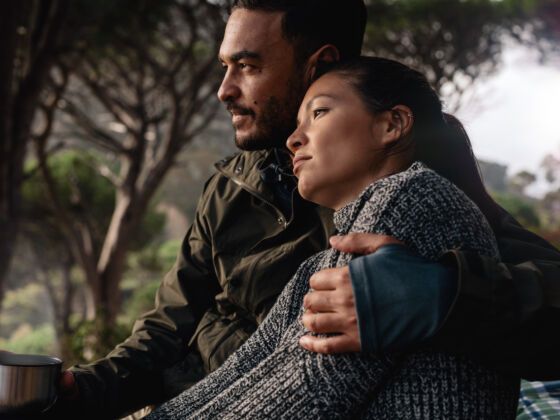LATELY, MANY ARTICLES AND STUDIES have encouraged people (and especially women) to travel alone. Science confirms that traveling by yourself is healthy. It creates self-confidence, and provides necessary moments of freedom and self-discovery. An Australian professor who interviewed a sample of 24 participants who traveled solo found that most afterwards considered it a very positive experience.
I’ve always agreed and cheered female solo travelers every time I met them. And as a traveling woman, I’ve particularly felt proud of my independence: I’ve moved to cities without knowing anyone, and traveled on small trips by myself. The small trips I have done alone have always felt easy, natural, and manageable.
Yet curiously, as a naturally independent person, I’ve found that traveling with partners can be equally — if not more — valuable. In fact, much of my personal growth in travel happened not through my solitary experiences but through my moments traveling with others.
By not traveling alone, here are 5 things I experienced:
